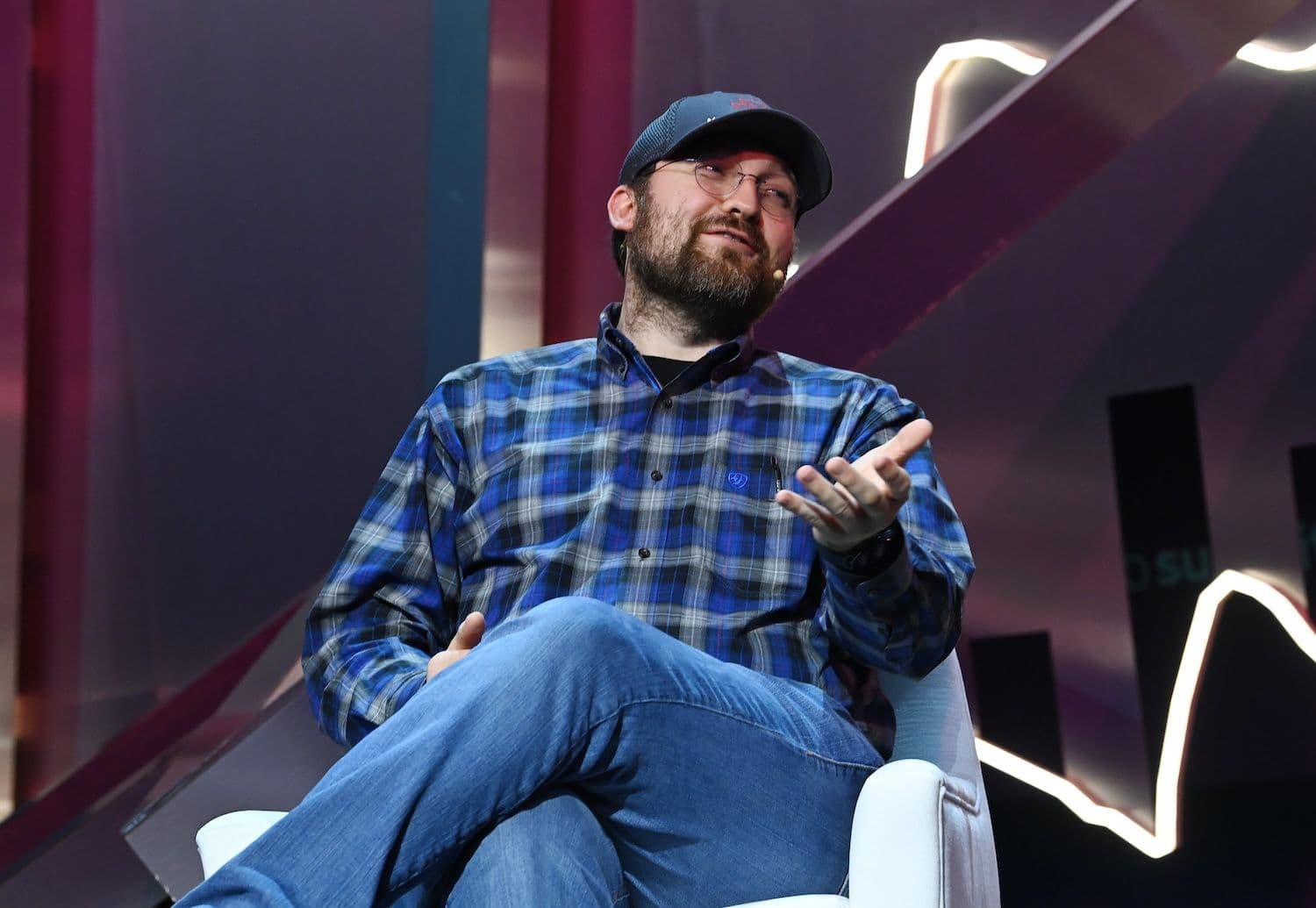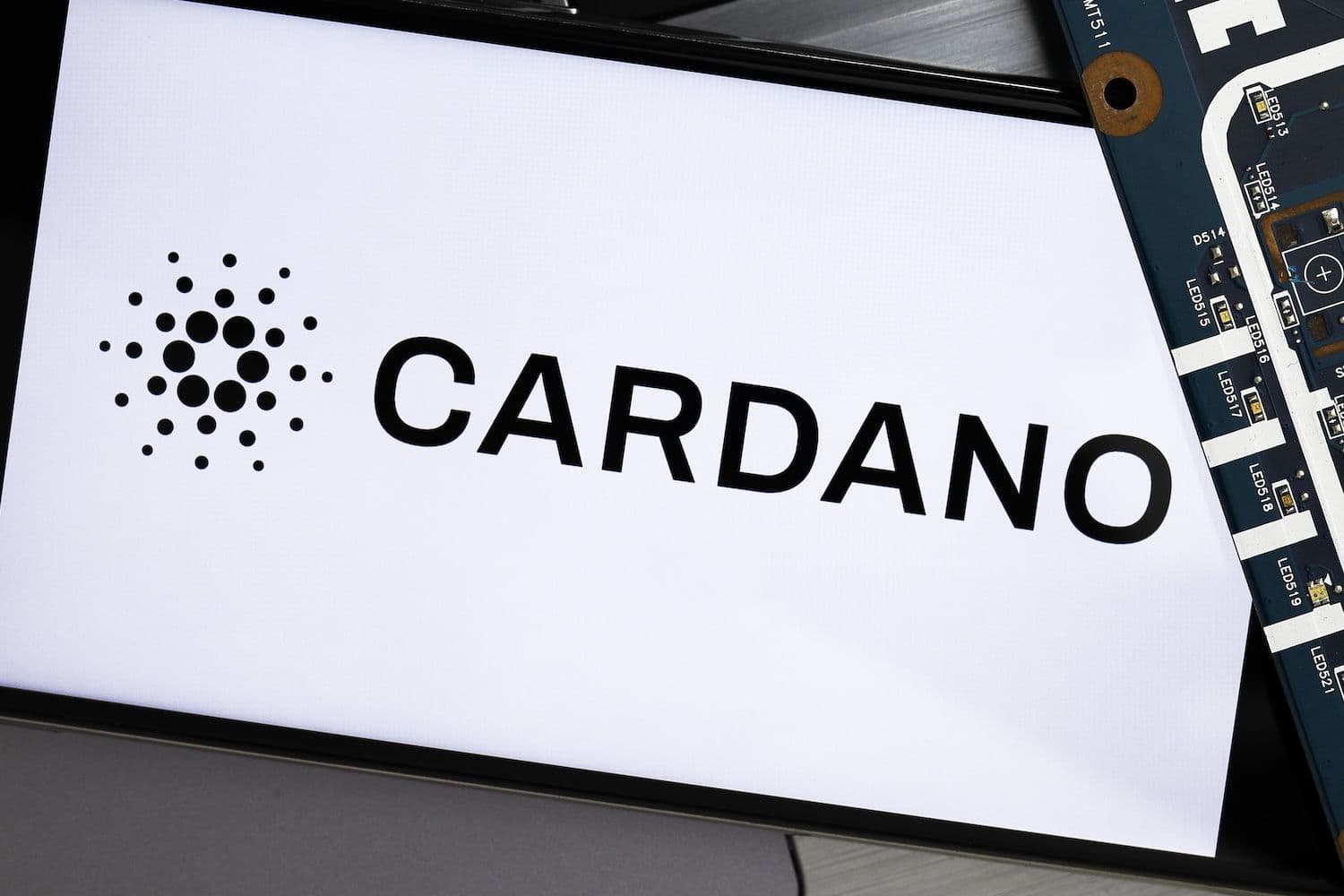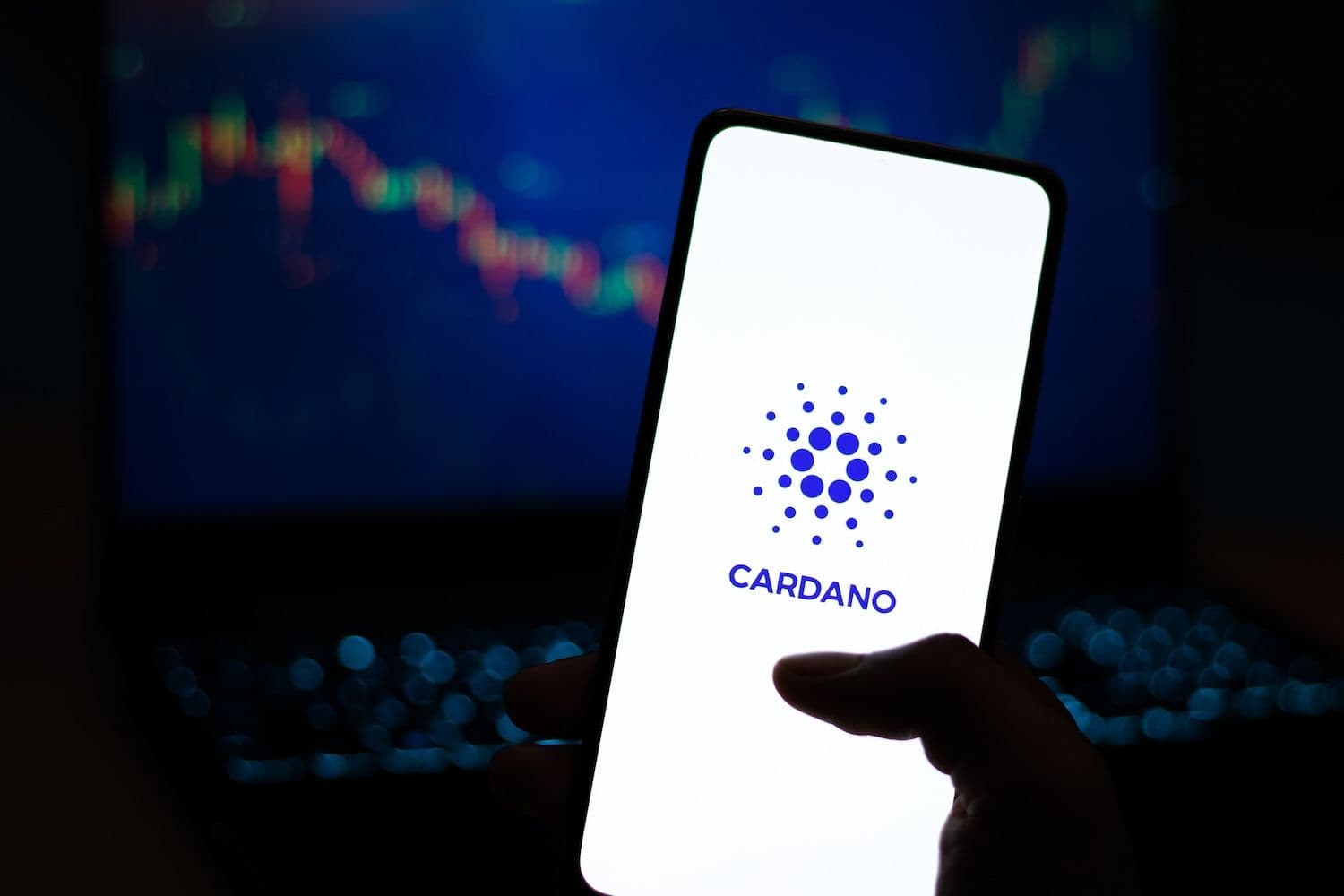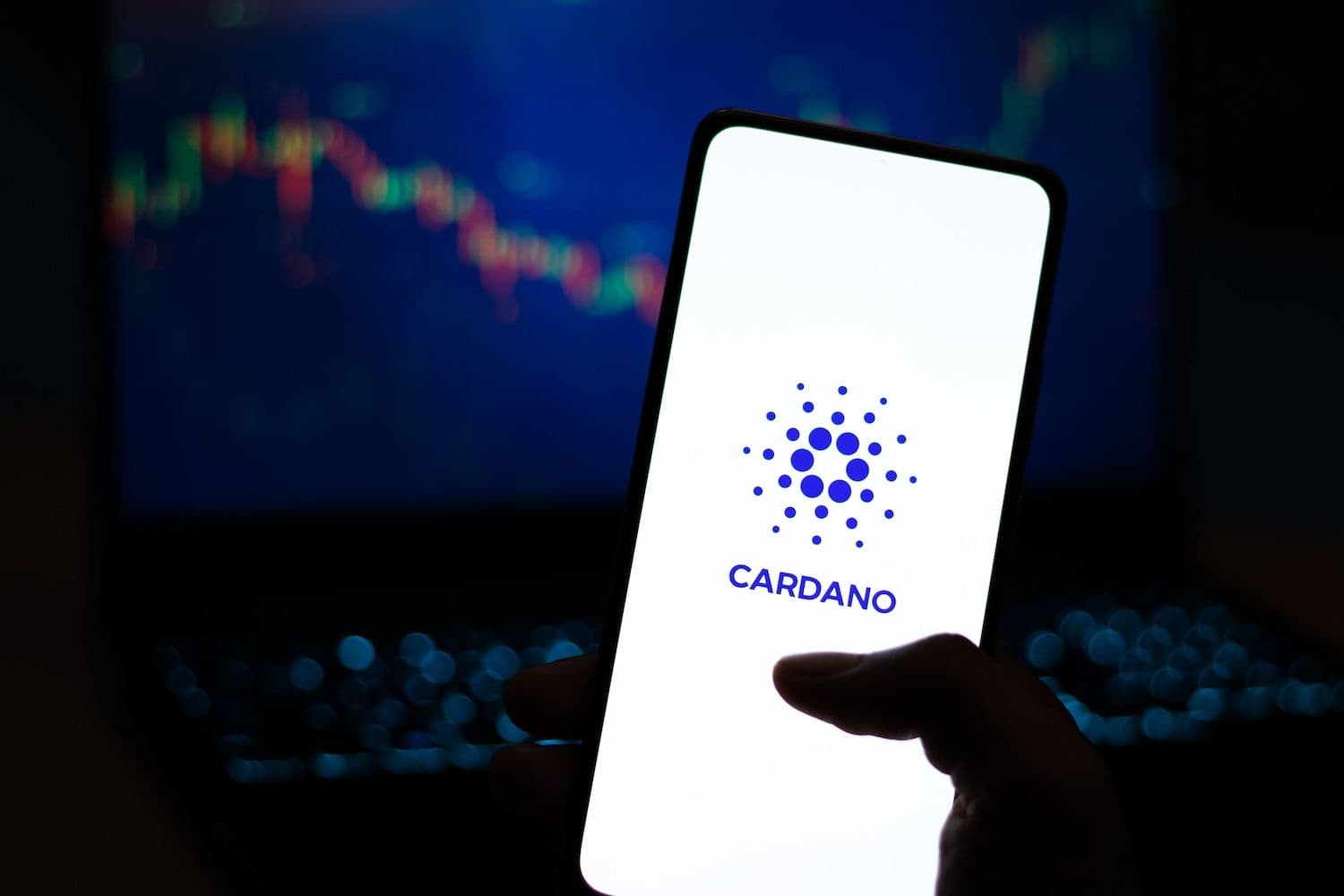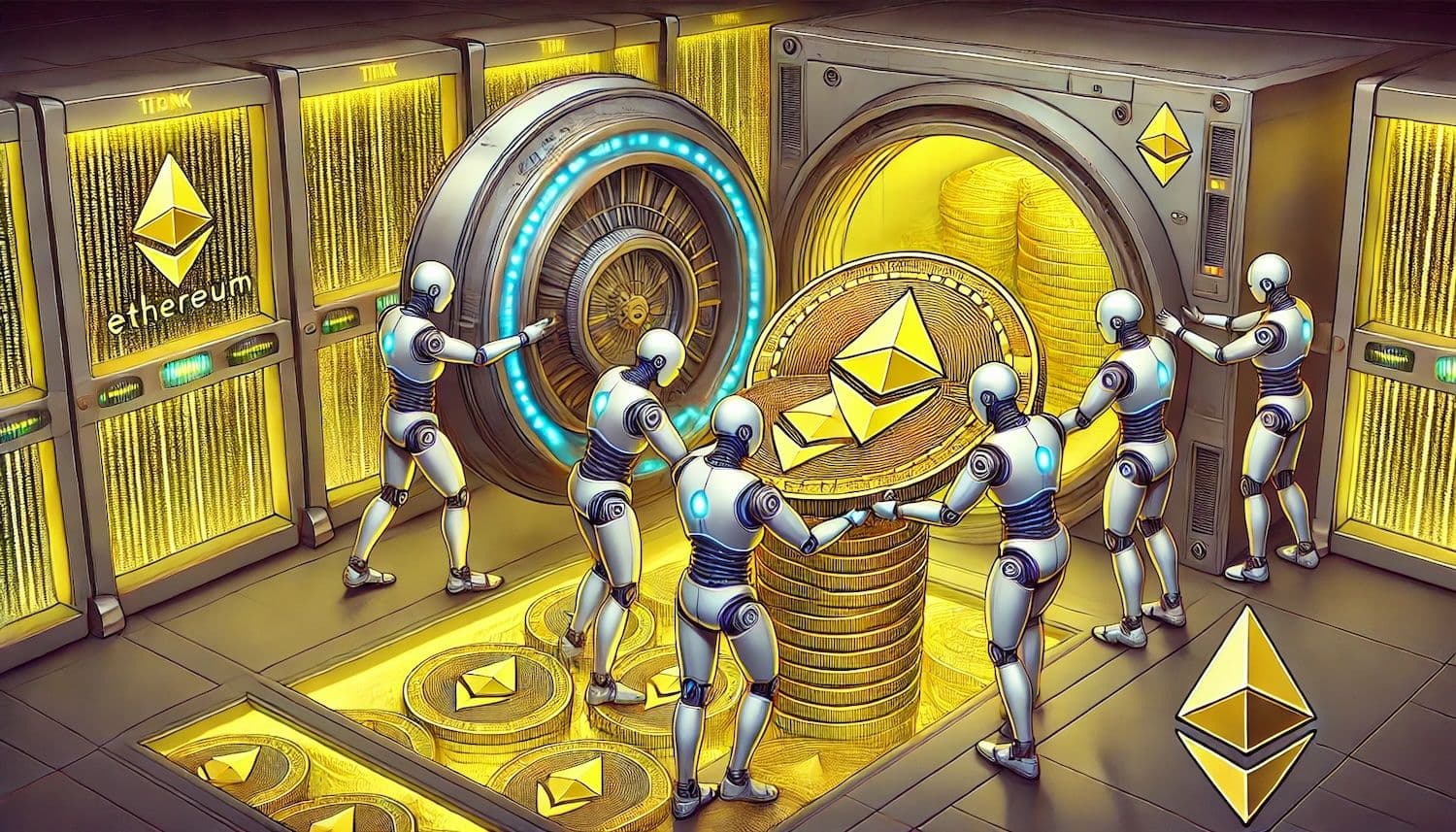Latest Cardano News and Insights | Yellow.com
Trust Yellow.com for the latest and most reliable Cardano news and insights. Stay informed with accurate updates, expert analyses, and comprehensive articles on Cardano trends and market movements.



